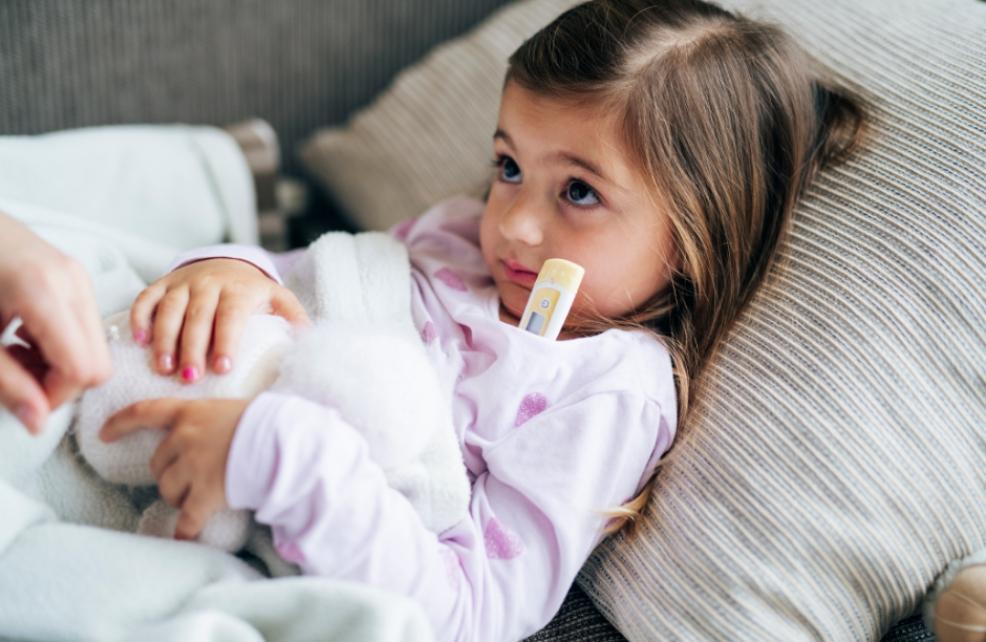
Cases of flu, norovirus and Covid on the increase in Devon
Health officials are warning that cases of COVID-19 – and other diseases that normally circulate in winter – are rising.
Increased social contact is thought to be one of the factors behind an increase in illnesses, which include flu and norovirus, sometimes known as the “winter vomiting bug”.
Although most of England’s Covid-19 restrictions have ended, the health and care system in Devon remains busy, with continued high numbers of people in hospital with COVID-19 and staff absent due to the virus.
Flu and Norovirus cases are increasing, although still currently lower than normal levels, but the flu season generally lasts through to March and people can catch either virus at any time of the year.
NHS Devon’s Chief Nurse Darryn Allcorn said: “COVID-19 hasn’t gone away and with increased social contact between people we are seeing rates of flu and norovirus rise too. They are very common viruses and will clear up in most people, however, it can make some people very unwell.
“Please check visiting restrictions before you leave and do not visit people in hospital or care homes if you have symptoms of flu, COVID-19 or norovirus. If you are attending a hospital or your GP you are still required to wear a face mask, unless you are medically exempt.”
The UK Health Security Agency, which is responsible for public health protection, has also warned about rising virus levels. Professor Saheer Gharbia, who specialises in food safety and gastrointestinal bugs for UKHSA, said: “As people have begun to mix more, the numbers of outbreaks have started to increase again.
“Please avoid visiting elderly relatives if you are unwell – particularly if they are in a care home or hospital. As with COVID-19 and other infectious illnesses, hand washing is really important to help stop the spread of this bug, but remember, unlike for COVID-19 alcohol gels do not kill off norovirus so soap and water is best.
Norovirus
Norovirus, also called the "winter vomiting bug", is a stomach bug that causes vomiting and diarrhoea. It can be very unpleasant, but usually goes away in about two days. Norovirus is spread through close contact with infected people, eating food they have handled or by touching surfaces with the virus on.
The main symptoms are, sickness and diarrhoea, often also with a high temperature, headache and aching limbs. People should rest at home, with lots of fluids to avoid dehydration. The best way to stop it spreading is through washing your hands frequently with soap and water. Alcohol hand gels do not kill norovirus.
 Image By ArtistGNDphotography on Canva
Image By ArtistGNDphotography on Canva
Flu
Flu will often get better on its own, but it can make some people seriously ill.
Flu symptoms come on very quickly and can include, a temperature, aching body, exhaustion, a dry cough, sore throat, headache and nausea or diarrhoea.
To help you get better more quickly people should rest, keep warm, take paracetamol or ibuprofen to reduce their temperature and treat aches and pain and drink plenty of water.
 Image of By ArtistGNDphotography on Canva
Image of By ArtistGNDphotography on Canva
Where to get help if you need it
A local pharmacist can provide advice and over the counter medication. People can also get advice on common illnesses and when to get further help through NHS 111 online or by phone and for childhood illnesses on the Handi paediatric app. For life threatening emergencies people should attend their emergency department or call 999.
For More Family Health Articles click here
Cover photo By FatCamera on Canva













